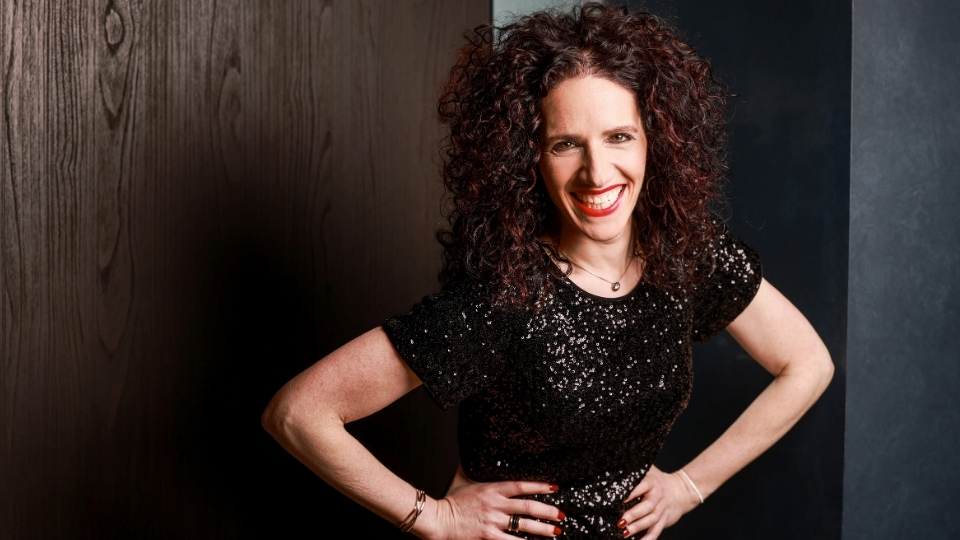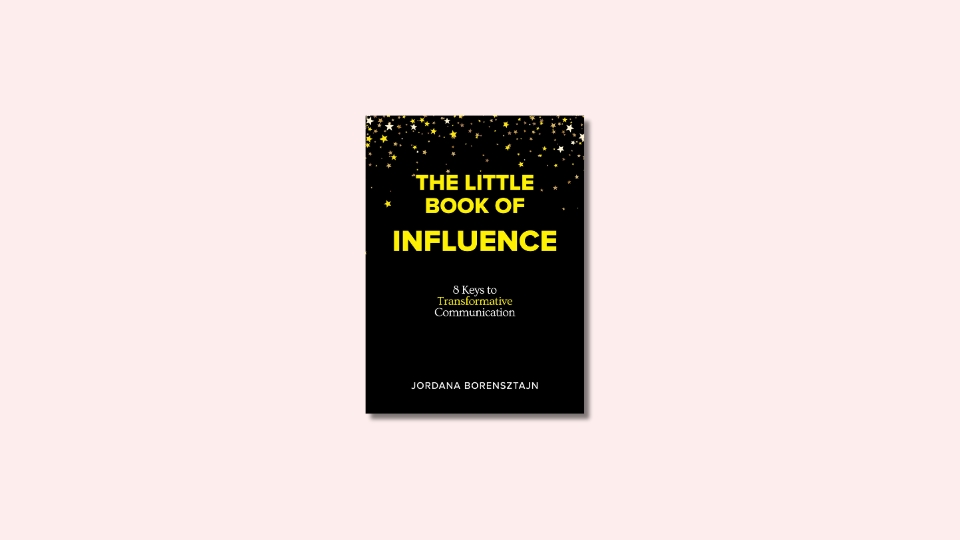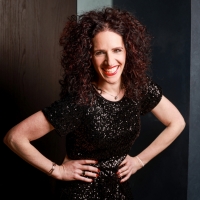Jordana Borensztajn: How I transformed embarrassing failures into confidence
Guest Writer | November 26, 2025

Jordana Borensztajn.
What if your worst moments – the ones that make you cringe and want to hide under a rock – hold the secrets to your most powerful life lessons?
Having survived a long history of communication disasters, I know this to be absolutely true. I was once heckled at sea by a man in his 80s. His voice bellowed across the cruise ship show lounge: “You’re the worst comedian I’ve ever seen. Get off the ship!” We were in the middle of the ocean. There was nowhere to go. And I had to face this group for three more days.
Our most mortifying and embarrassing moments often hold pure gold – if we’re open, and willing, to mine them for lessons. Some people shut down when they feel humiliated. I did the opposite. I kept going. And in doing so, I uncovered three powerful lessons that completely changed the way I communicate and show up.
Turning pain into laughter
Back in 2011, I went on a truly terrible date. It began with so much promise. Our pre-date messaging game was strong, and this guy seemed smart, witty, and intriguing. Then he arrived at the cafe, hungover and slurring his words. Plus, he looked nothing like his photo. He was at least 10 years older (and maybe even two hairlines older).
We didn’t just fail to connect, we argued in public. I walked home devastated. Most of my friends were engaged or married, and I was convinced I would be a single cat lady forever. So I called a friend. Too upset to form sentences, I started imitating him; the slurring, the arguments, the absurdity. She laughed so hard she couldn’t breathe. Then I called a second friend, added more exaggeration, and we were both crying with laughter.
I discovered a game-changing revelation: comedy is way faster and way cheaper than therapy. So I started writing jokes about everything that frustrated me. The more life annoyed me, the more jokes I wrote. That’s when I hit the jackpot: when you turn your most awkward moments into connection, you’re not just creating comedy, you’re building armour. Because once your worst moments become your best material, you’re unbreakable. And I was about to put that unbreakable confidence to the test.

The Little Book of Influence: 8 Keys to Transformative Communication by Jordana Borensztajn.
When your body and words don’t align
In 2013, I had a wild idea: dress up as a giant Facebook Like button, fly to Silicon Valley, and meet Mark Zuckerberg to tell him my top five minutes of Facebook jokes.
I called the quest “Zucker Up” and built a massive costume from neoprene (wetsuit material). When I wore it, the only things visible were my hands, head, and feet. It was incredibly sexy. Outside Facebook’s headquarters, I captured my dream shot: me, dressed as a giant Like, standing in front of the iconic Like sign. Staff took photos. Buses tooted. Children waved. I felt unstoppable (for an oversized thumb).
Then the comms guy appeared. I excitedly shared the details of my quest. He smiled and told me Mark was on vacation but agreed to give me a tour – as long as I left my costume in the car. When I signed in, I was on top of the world. But then the comms guys turned around to answer a phone call. When he turned back, he asked, “Were you outside Mark’s house last night?” Three thoughts hit me instantly:
- I have no idea where Mark lives
- Anything I say will sound guilty
- Why is he asking me this?
My face went red. My voice shot up three octaves. My hands started shaking. “No,” I stammered. “I have no idea where he lives.” But my body told a different story. Within minutes, security escorted me off the property – not because of what I said, but because my body screamed guilt.
That day, I learned something powerful: our body speaks before our words do. And when they’re not aligned, people believe our body. Now, before any high-stakes moment, I always ask myself – is every part of me congruent?
Reading what’s right in front of you
That cruise ship disaster was a shocker. After my first set bombed, the second was even worse. Dead silence. Blank stares. Not a single laugh. Same material, and a fresh dose of humiliation.
At the buffet, a woman approached me and said, “You’re that awful comedian!” People stared. Some pointed. Then, as the lift doors opened, I came face to face with the heckler: “There she is – that disastrous comedian from last night!” So my tiny cabin became my bunker. I’d sneak out only for blueberry muffins, eyes down, avoiding all direct contact.
My big mistake? Bringing social media jokes to a cruise ship audience who didn’t use Facebook. Wrong jokes. Wrong crowd. Brutal lesson. What I should have asked was: Who’s in this room? And what do they need?
The beauty is in the cracks
Three public humiliations led to three game-changing insights.
The disastrous date taught me I could turn pain into laughter and healing. The Facebook mission taught me to embody my message and always stay congruent. And the cruise ship taught me to truly see who’s in front of me.
The confidence I have today wasn’t born on stages that adored me. It came from the moments that shattered who I thought I was. Public humiliation doesn’t destroy you; it cracks you open. And what happens next is up to you.
Your biggest failures and most embarrassing moments are openings, waiting to be filled with gold. So when humiliation comes knocking (and it will), dig for the lesson. The gold you’re searching for is often buried in the moments you fear the most.
Sponsored

This article was written by Jordana Borensztajn, author of The Little Book of Influence: 8 Keys to Transformative Communication.
She is also a keynote speaker, TEDx presenter, and communications expert. A former journalist turned stand-up comedian, Jordana is an event MC, corporate humourist, and public speaking trainer.
Learn more at jordanab.com.au
We have a request
SHE DEFINED’s journalism is independent and we’re committed to elevating the voices of women by putting them front-and-centre in our stories and giving them a platform to speak up.
Quality journalism and editorial content takes time, money and resources to create, which is why your support matters. We don’t have a paywall or exclusive subscriptions because we believe in keeping our stories open to everyone.
Help support our mission by making a financial contribution today.






